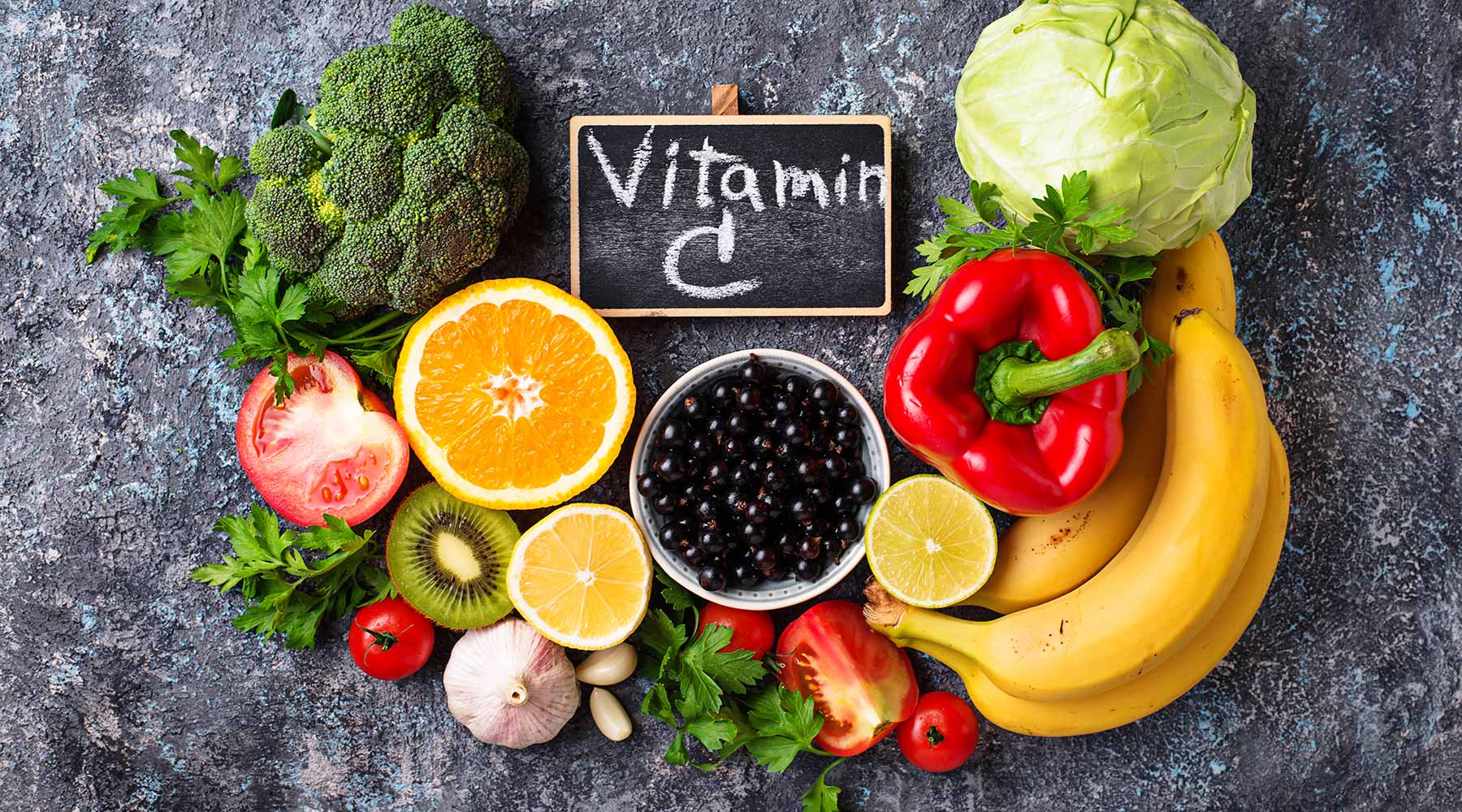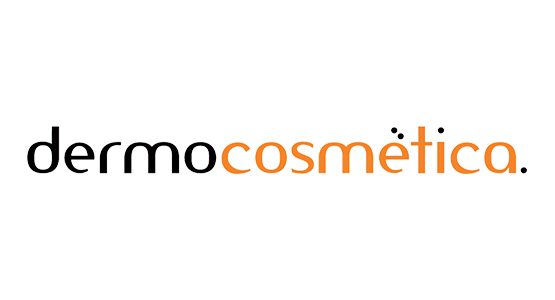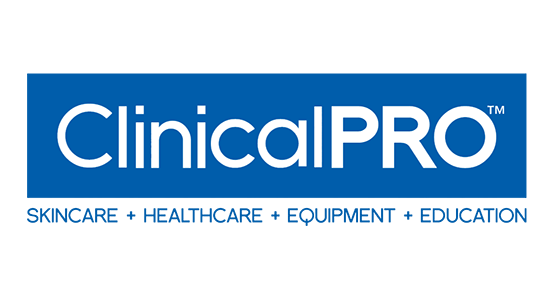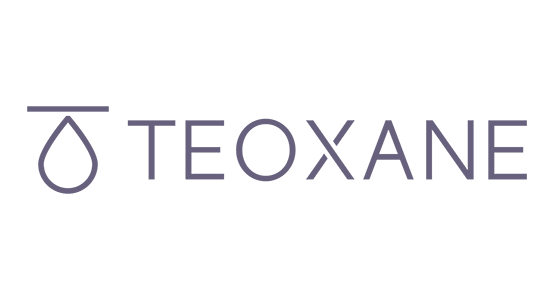Vitamin C is key to the growth and maintenance of most of the tissues of your body, including collagen, which is needed for healthy connective tissue and wound healing. Vitamin C also helps your bones and teeth stay strong. It’s also necessary to make certain neurotransmitters and for protein metabolism. Your immune system relies on vitamin C too.
Since it’s a water-soluble vitamin, your body doesn’t store vitamin C so you need to replace your vitamin C stores daily.
The Institute of Medicine recommends that adults get from 75 to 90 milligrams of vitamin C daily.
Here are 15 Foods High in Vitamin C!
If you eat a diet rich in fruits and vegetables you’re probably getting enough. But if you’re not sure, it might help to add any of these 15 foods that are high in vitamin C to your daily menu
1. Oranges & Orange Juice
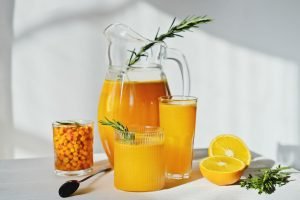
One 8-ounce glass of orange juice contains 124 milligrams of vitamin C, so it only takes one serving to get a day’s worth of vitamin C.
Oranges and orange juice are also good sources of potassium, folate, lutein and vitamin A. Whole oranges are also a good source of fiber, but most of the fiber is lost when you drink the juice.
2. Grapefruit
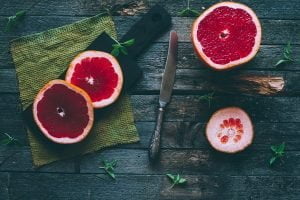
One 8-ounce glass of orange juice contains 124 milligrams of vitamin C, so it only takes one serving to get a day’s worth of vitamin C.
Oranges and orange juice are also good sources of potassium, folate, lutein and vitamin A. Whole oranges are also a good source of fiber, but most of the fiber is lost when you drink the juice.
3. Green Peppers
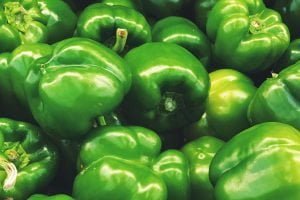
One medium-sized green bell pepper has 95 milligrams of vitamin C, which is enough for one full day. Green bell peppers also deliver eight percent of the daily value of vitamins A and K and 15 percent of vitamin B6. A whole green bell contains just 24 calories. Green bell peppers can be sliced or chopped and added to a salad or used as an ingredient in a variety of dishes. Choose peppers that are bright green with unblemished skin.
4. Red Sweet Peppers
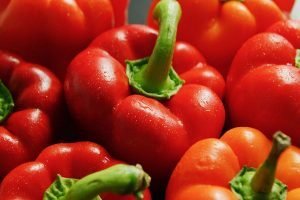
Red sweet peppers are high in vitamin C, just like green bell peppers, but they have a milder flavor. One cup of raw red sweet pepper delivers a whopping 384 percent of your daily vitamin C requirement—but only 37 calories. It’s also loaded with fiber, vitamin A, and several B-complex vitamins. Add chopped sweet red pepper to salads or use them to season vegetable side dishes. Red peppers maintain quite a lot of vitamin C after cooking, so they make a great addition to sauces and stews too.
5. Strawberries
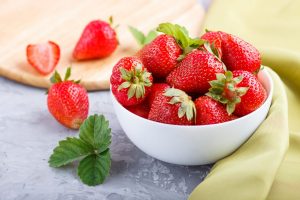
Strawberries are sweet, juicy, and loaded with vitamin C. One cup of strawberry slices had 98 milligrams. Strawberries are also a very good source of fiber and folate and a good source of potassium and magnesium.
A handful of strawberries makes an excellent snack. You can also add strawberry slices to oatmeal, cold cereal, or yogurt for a healthy breakfast.
6. Broccoli
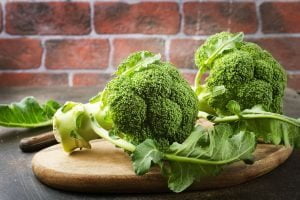
One cup raw chopped broccoli has 81 mg vitamin C. That’s not quite as much as orange juice, but a big serving of raw broccoli provides most of the vitamin C you’ll need for one day. Cooking reduces the vitamin C slightly. One cup of chopped cooked broccoli has about 50 milligrams of vitamin C, an amount that’s still impressive.
One cup of broccoli (either raw or cooked) has about 30 calories. Broccoli is also an excellent source of calcium, potassium, fiber, vitamins A and K, and lots of antioxidants.
7. Kiwi
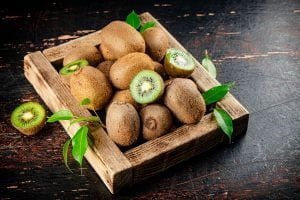
Luscious green kiwi—or kiwifruit—is an excellent source of vitamin C. One small fruit has more than 60 milligrams. Kiwifruit is also rich in potassium and fiber but low in calories. One fruit has about 40 calories.
Kiwi is tasty all on its own or mixed with other fresh fruits and nuts for a healthy fruit salad.
8. Brussels Sprouts
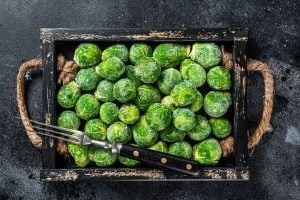
Brussels sprouts are rich in vitamin C. Even after being cooked, one cup yields 160 percent of your daily value of C. They’re also high in most vitamins and minerals, fiber, and antioxidants. Brussels sprouts are usually cooked and served as a side dish, but you can also slice or shred raw Brussels sprouts and use them in salad and slaw recipes.
9. Raw Cabbage
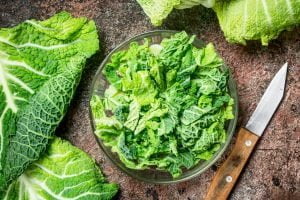
Raw cabbage can add a bit of vitamin C to your daily intake, but cooked cabbage has even more. Although cooking reduces the amount of vitamin C in any food, it also reduces the volume, so you’ll get more vitamin C per cup of cooked cabbage.
One cup of raw cabbage has about 30 milligrams of vitamin C while one cup of cooked cabbage has closer to 60 milligrams. Cabbage also contains antioxidants, minerals, vitamin K, and fiber.
10. Tomato Juice
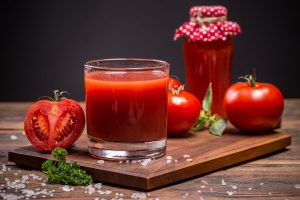
A raw tomato isn’t a bad source of vitamin C—in fact, it has about 20 milligrams. But you’ll get so much more vitamin C when tomatoes are concentrated into juice. One 8-ounce glass of tomato juice has more than 120 milligrams of vitamin C. It’s also rich in vitamin A and lycopene, an antioxidant that’s good for your heart.
You’ll also get plenty of vitamin C when you use tomato juice and other concentrated tomato products in your recipes.
11. Cauliflower
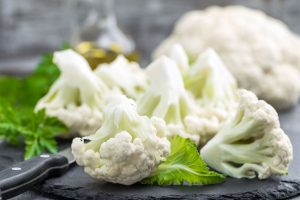
Cauliflower is crunchy, delicious, and an excellent source of vitamin C. One cup of raw chopped cauliflower has 50 milligrams of vitamin C. Cauliflower is also rich in fiber, calcium, potassium, folate, and vitamin K, plus it’s a great source of antioxidants. Serve raw cauliflower with a salad or with a light veggie dip. Cooked cauliflower is good too—one cup has close to 30 milligrams of vitamin C.
12. Rockmelon | Cantaloupe
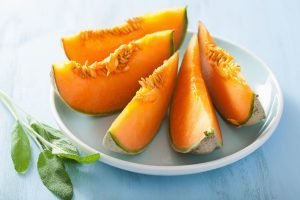
Eating cantaloupe is a refreshing way to cool off on a hot summer day, plus it’s an excellent source of vitamin C. One cup of cubed cantaloupe has almost 60 milligrams, plus plenty of potassium, niacin, and vitamin A. It’s also low in calories, with about 40 per cup. Eat cantaloupe as a sweet snack or combine with fruits and other melons for delicious and healthy fruit salads.
13. Honeydew Melon
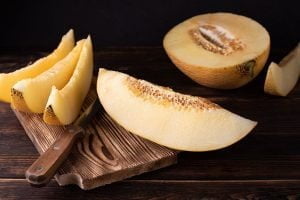
One cup of honeydew melon balls has about 30 milligrams of vitamin C. It’s also high in potassium and is a good source of several B-complex vitamins and vitamin K. That cup of melon balls only has about 60 calories. Serve honeydew melon slices for dessert or as a snack or use them in fruit salad recipes.
14. Pineapple
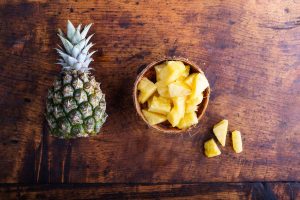
Pineapples are super-sweet and delicious, and they’re also loaded with vitamin C—one cup of pineapple chunks has about 80 milligrams. It’s also a good source of potassium, magnesium, folate, and fiber. One cup of pineapple chunks has about 80 calories. Serve fresh raw pineapple slices as a snack or as a dessert. Pineapple also makes a tasty addition to tropical fruit smoothies.
15. Potatoes
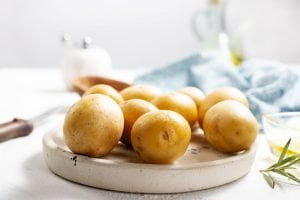
Potatoes are well known for their potassium content, but they’re also high in vitamin C. Potatoes are also a good source of niacin and magnesium. Plus, eating potatoes is a good way to add fiber to your diet as long as you eat the potato skins (also called jackets). Serve baked potatoes with healthy toppings such as broccoli, salsa, or a dab of sour cream. Potatoes can also be roasted, sauteed, or mashed.
If you would like to find out more about Skin Care and Vitamin C Skin Treatments and products for healthy skin, our medical team is available for complimentary 15 minute consultations in Hamilton.

